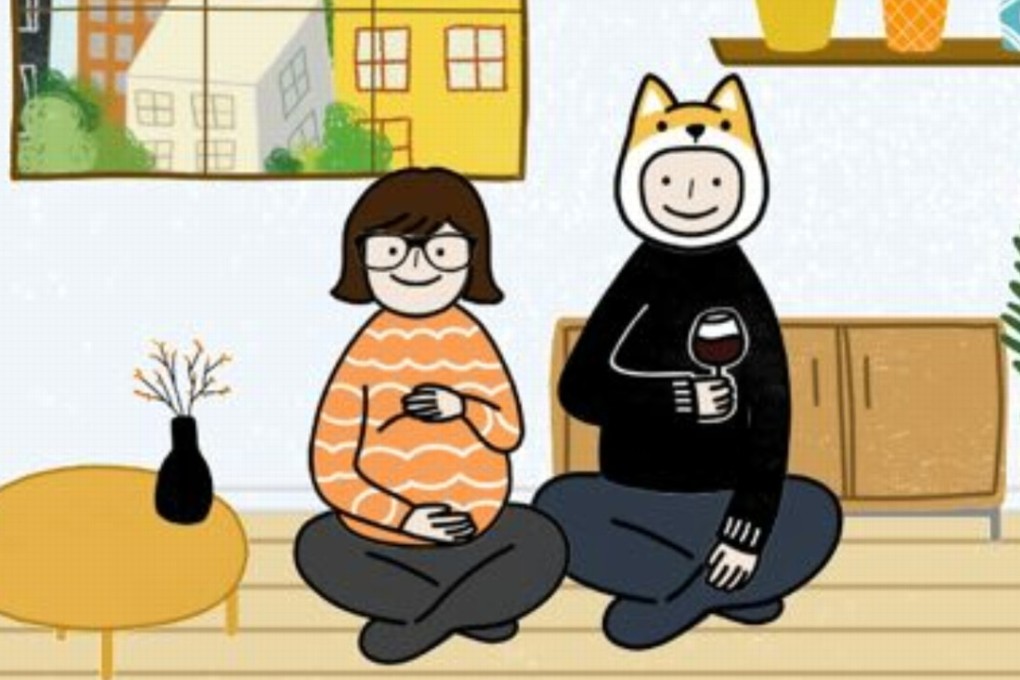Lunar New Year goes hi-tech, from AI couplets to digital lucky money
With the world’s largest internet population and smartphone market, China has also the biggest app economy, enabling internet companies to stay engaged with users even during the festive holiday season.

The Lunar New Year, which started on Friday, not only marks a holiday travel season in China that is the world’s biggest annual mass migration of people, but also roaring demand for the latest apps to rouse the country’s vast internet population.
With the largest internet population and smartphone market in the world, China also the biggest app economy, according to recent estimates from analytics company App Annie.
It said China accounts for US$1 out of every US$4 generated globally across app stores, in-app advertisements and mobile e-commerce.
In the fourth quarter of last year, app users in China also spent more than 200 billion hours in apps. App Annie said that was more than 4.5 times the next largest market, India.
Major Chinese app providers – including Alibaba Group Holding, Baidu and Tencent Holdings – are expected to keep consumers engaged with viral campaigns to reinforce their brands, while millions of families gather for reunions across the country during the Lunar New Year holiday.
The following are the latest trendy apps that have engaged the country’s tech-savvy consumers during this festive season: